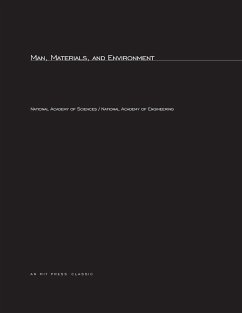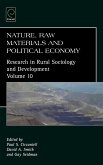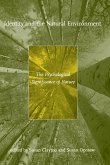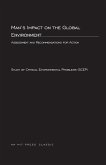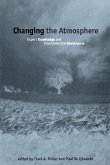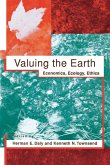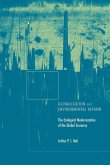"How do we, in the words of the National Environmental Policy Act, create and maintain conditions under which man and nature can exist in productive harmony and fulfill the social, economic, and other requirements of present and future generations of Americans? That effort is a new and urgent priority; but how can it be translated into workable practices in field, forest, mine, and manufacturing plant?" Man, Materials, and Environment begins with these questions and proceeds to provide some of the answers. It is not directly concerned with the question of resource depletion, which has been dealt with in another study sponsored by the National Academy of Sciences. Nor is its purpose the examination of the proper worldwide allocation of resources. Rather it is concerned with the problem of enhancing the environment by carefully tracing the economic and technological process involved in materials use and then determining how safeguards might be built into these processes in order to arrest and reverse the trend of physical and social degradation. The study was initiated by the Committee for International Environmental Programs for the Environmental Studies Board under a contract with the National omission on Materials Policy in 1972. Under the leadership of Dean Nathaniel Wollman of the University of New Mexico, a study committee and several study teams were assembled, representing a remarkable diversity of professional outlook. These study teams divided up among themselves a number of basic problem areas, and the central body of this volume presents their evaluations of them. In particular, they consider the economic implications of environmental quality and materials policy; the environmental quality and materials policy; the environmental problems associated with metallic and nonmetallic mineral resources, with fuel materials, and with forest products; the relations between environmental quality, basic materials policies, and the international economy; and the international legal determinants of national materials policy. In, addition, the opening chapter of the book blocks out the study committee's overall conclusions and recommendations, and the final chapter presents, for comparative purposes, a study of environmental and resource problems and policies in Japan. The book is the first to be published in the new MIT Press Environmental Studies Series, of which Gordon J. F. MacDonald is consulting editor.
Hinweis: Dieser Artikel kann nur an eine deutsche Lieferadresse ausgeliefert werden.
Hinweis: Dieser Artikel kann nur an eine deutsche Lieferadresse ausgeliefert werden.

